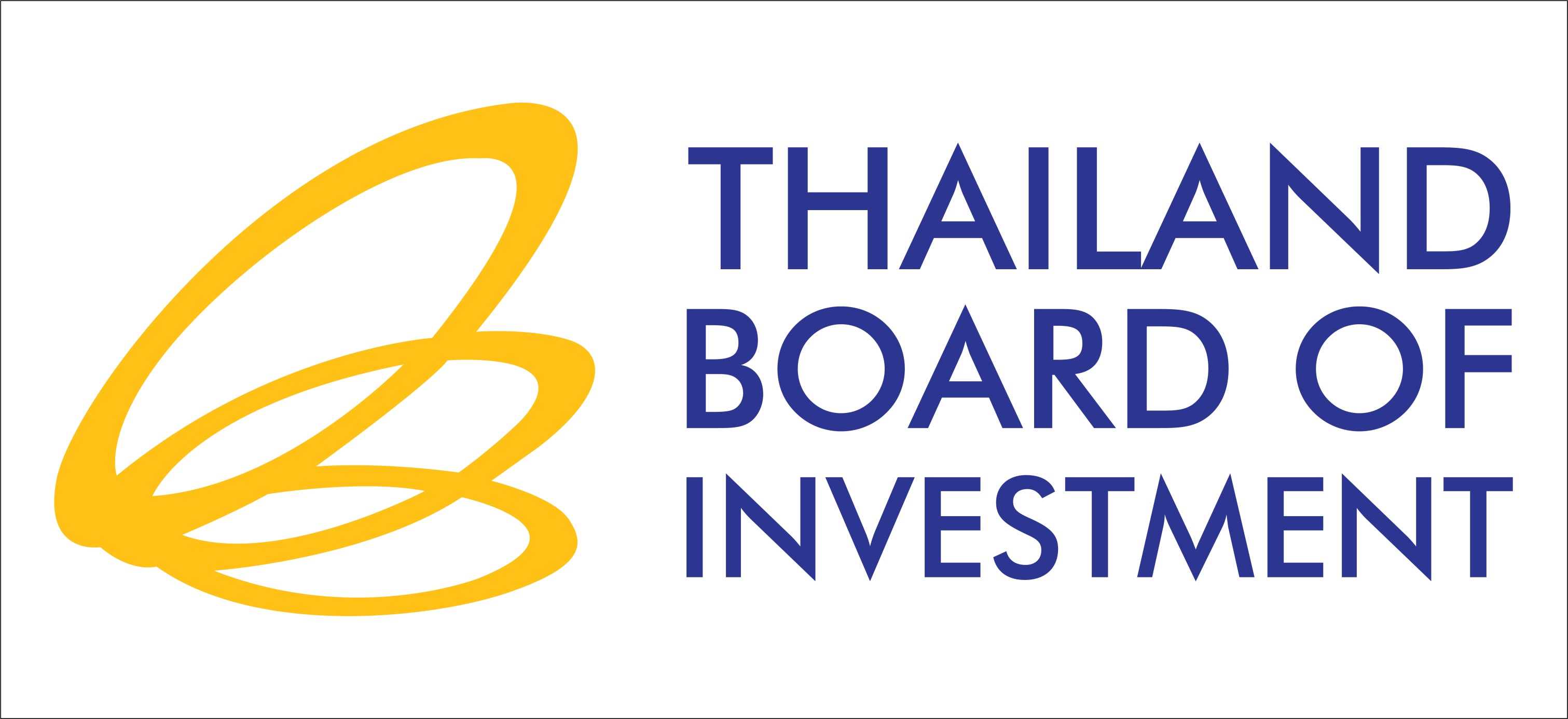Retail/Thai Retailers Association
Retail/Thai Retailers Association
Editorial staff
Thai Retailers Association (TRA) urges the government to implement strong measures to stimulate tourism business while protecting Thai retail business Thai retail business from unfair competition because of the influx of low-cost.
Nath Vongphanich, TRA’s president, said that the Thai retail industry is facing a variety of challenges, as reflected in the ongoing decline of the Retail Business Confidence Index. This trend signals a drop in consumer spending, a slowdown in tourism growth, and an export sector constrained by tariff barriers.
Moreover, retail sales were also forecasted to grow at a slower pace, with an average growth rate of 3.4% for the second consecutive year in 2025, in contrast to the 5.9% growth seen in 2022–2023. This deceleration is linked to the global economic decline, U.S. trade tariffs, a slow recovery in consumer purchasing power, and increased competition from international retail platforms, particularly in the e-commerce sector.
But, Thai retailers must not only ‘endure’ but also ‘remain steadfast’ and ‘take the lead’ amid economic turbulence. Shield, Strike, and Shape—the key strategies for navigating this crisis—include shielding against setbacks, striking at challenges with determination, and shaping a resilient future.

Mr Nath said that to stimulate the shopping spending, it needs to propose a pilot program for an instant tax refund, offering a 7% VAT refund to tourists who spend at least 3,000 baht per day at a single store. This measure aims to boost spending and attract more tourists, aligning with China’s recent implementation of a 500-yuan Instant Tax Refund (approximately 2,500 baht) in tourist cities such as Shanghai, Beijing, and Guangzhou.
Moreover, it should explore the possibility of lowering import duties on lifestyle items, particularly in sectors such as fashion, cosmetics, leather goods, and fragrances. This initiative could start with products originating from the U.S., tested through a duty-free "sandbox" (Free Trade Zone) in popular tourist areas like Phuket, aiming to stimulate tourist expenditure and establish Thailand as a shopping paradise in the region.
Moreover, the reduction of import taxes on U.S. lifestyle products would also strengthen Thailand–U.S. trade relations while offering Thai consumers a wider selection and better access to high-quality international lifestyle goods.
Mr Nath adds that as the number of Chinese tourists would decline in the latter half of the year, it becomes essential to explore alternative markets, particularly by targeting long-haul travelers from regions such as Europe—including Russia, the UK, France, and Germany—as well as the Middle East.
In addition to stimulate shopping spending, it is crucial for the government to swiftly implement economic reforms to strengthen resilience.

‘’Thai retail business should be protected from unfair competition because of the influx of low-cost, substandard imported goods and replace random inspections with comprehensive 100% checks utilizing advanced technology to enhance accuracy and enforcement,’’ he said, adding that it has to ensure all products sold domestically meet Thai standards such as TIS (Thai Industrial Standards) and include labels in the Thai language.
Proactive measures need to launch to eliminate nominee businesses—foreign entities that illegally operate under Thai names, spanning from small-scale operators to large businesses such as restaurants, supermarkets, and budget hotels (Zero Dollar Hotels). The goal is to prevent capital outflow and ensure that revenue from retail circulates back into the Thai economy and benefits local entrepreneurs.
Moreover, it needs to mandate a 7% value-added tax (VAT) on all imported online goods, effective from the first baht (removing the previous exemption for items under 1,500 baht). This policy should be enacted as permanent legislation to ensure consistent enforcement.
To amend outdated or inadequate e-commerce regulations, especially those concerning low-quality goods sold via foreign platforms, is required to protect Thai consumers. This includes creating automatic data linkages (APIs) with government agencies like the Thai Industrial Standards Institute (TISI) and the Food and Drug Administration.
Moreover, the measures should be introduced to manage the influx of Chinese goods entering the Thai market due to China's oversupply issue. Without intervention, this could force Thai businesses to shut down or lay off workers, severely impacting local retailers.
Thailand’s retail industry was valued at approximately 4 trillion baht in 2024, representing the second-largest contribution to the GDP, which constitutes 16% of the overall national economy, according to Kasikorn Research Center.
22 April 2025
Viewed 198 time
 EN
EN 




